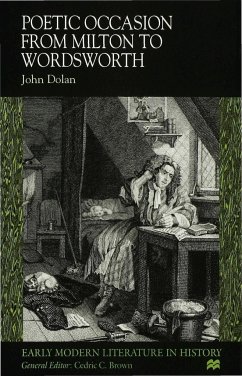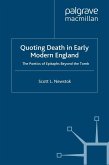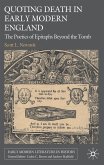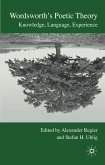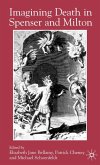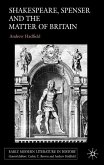John Dolan takes a new approach to the evolution of the modern English lyric, emphasising the way in which several generations of poets, reacting to post-Reformation readers' dislike for invented poetic narratives, competed for the right to commemorate important public occasions and slowly expanded the range of acceptable occasion. This book demonstrates that many fundamental features of a typical modern lyric actually evolved as responses to the limitations of occasional poetry.
'This most readable study of literary history not only reveals the well springs of Romanticism in eighteenth-century poetry but, like all thoughtful rhetorical analyses, sheds new light on writers and readers, on their creative and interpretative impulses.' - Professor Thomas O. Sloane, University of California, Berkeley

